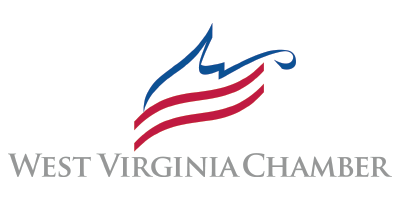- Details
CHARLESTON, W.Va. – The West Virginia Manufacturers Association is applauding Cyclops Industries on its 60th anniversary.
“It’s such an incredible accomplishment when a home-grown business like Cyclops Industries can reach 60 years in business,” said WVMA President Rebecca McPhail. “This incredible company has a global business, and we’re proud to have them right here in the Kanawha Valley.”
Cyclops Industries Inc. was founded in 1959 by Gene LeRoy with 13 patents while he was employed at Union Carbide. Located in South Charleston, the company can ship anywhere worldwide.
- Details
CHARLESTON, W.Va. – The West Virginia Manufacturers Association is optimistic about public education in the Mountain State’s following full legislative passage of a comprehensive reform package.
The West Virginia Senate and House of Delegates have approved a compromise bill, House Bill 206, that provides pay raises and other financial incentives for teachers along with paving the way for a more localized approach to delivering public education and providing additional school choice options.
- Details
Charleston, W.Va. – “West Virginia manufacturers stand firmly with natural gas and coal, while advocating further development of renewables, and for that matter nuclear power. All play a role in energizing America,” said Rebecca McPhail, president of the West Virginia Manufacturers Association. “Michael Bloomberg’s attempt to attack fossil fuels is misguided absent any reasonable thought as to what will replace them. The renewables that Bloomberg champions are by their nature intermittent. The stability of fossil fuels is needed for the foreseeable future to provide the energy necessary to power our homes, fuel our cars, and manufacture the products that we all use.”
- Details
 Charleston, W.Va. – The West Virginia Manufacturers Association and the West Virginia Chamber of Commerce have both come out in strong support of the West Virginia Student Success Act of 2019. The Student Success Act contains many provisions that will benefit parents, students, and teachers across West Virginia. Consideration of the bill will occur in the West Virginia Senate on Saturday, June 1.
Charleston, W.Va. – The West Virginia Manufacturers Association and the West Virginia Chamber of Commerce have both come out in strong support of the West Virginia Student Success Act of 2019. The Student Success Act contains many provisions that will benefit parents, students, and teachers across West Virginia. Consideration of the bill will occur in the West Virginia Senate on Saturday, June 1.


